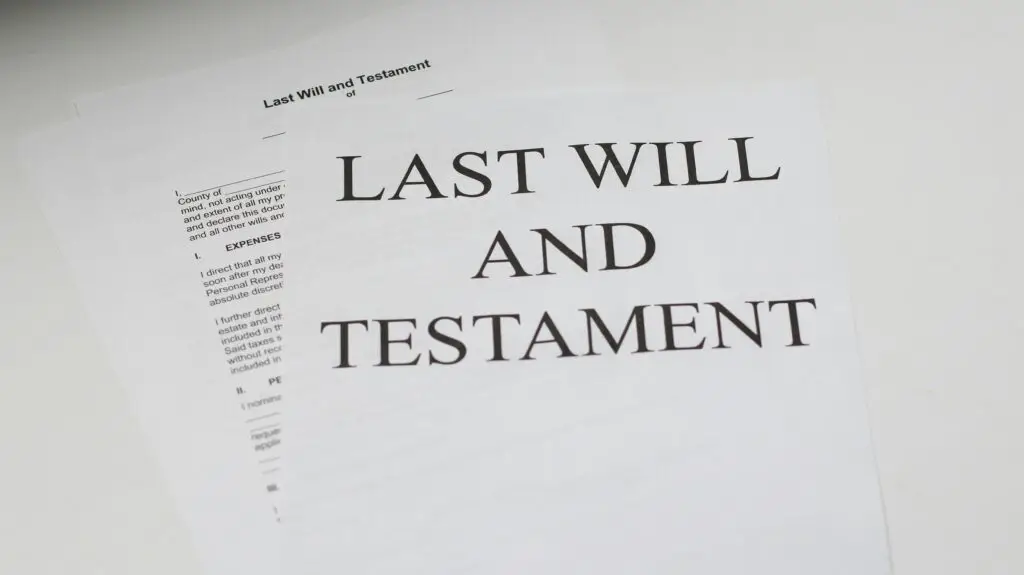What happens if I die without a Will?
There is a special legal term for when someone passes away without a Will. It’s called dying intestate. When somebody dies intestate, there is a standardized process by which the probate court distributes the deceased’s estate. This means that even if someone doesn’t undertake their own estate planning, the state has a default plan set out for them.

Every state has its own set of laws for how the estate’s assets are divided among survivors. The process begins with the court appointing an administrator called a Personal Representative (typically a spouse, adult child, or close relative) whose job is to determine the value of the estate’s assets and pay any outstanding debts and taxes. From there, the court divides the remaining funds and distributes these assets according to pre-determined percentages allotted by state law to the closest relatives.
In short, the goal of intestate distribution is to divide the assets in an objective and fair manner. Because there is no legal documentation of the deceased’s wishes, the court does not consider or speculate what he or she might have wanted. For example, if the deceased person felt strongly about the work of a particular charity and would have wanted to donate a portion of his or her estate to it, the court will not recognize such a desire without the direction of a Will. The court will not exercise discretion in favor of close friends, churches, or more distant relatives either. Normally, this means that all the decedent’s assets are passed on to a surviving spouse or children. In the age of blended families, this can be a challenging and at times, an unfair, process. If the person who passed away has no identifiable family members remaining, the assets will then go to the state through a process called escheat.
Dying intestate presents an even larger issue for families with children. Drafting a Will is one of the only ways a parent can legally designate who will be their minor child’s guardian if tragedy strikes. Many parents have a preference as to who this person would be, but without a Will the court will look to the next of kin to assume that role.
Dying intestate means that you are sacrificing the ability to control many different things. With a Will in place, the court and your family will be better prepared to distribute your estate in a manner that is consistent with the legacy you wish to leave behind. Consider speaking with an Elder Law Attorney to learn more about the estate planning tools that best fit your individual situation.